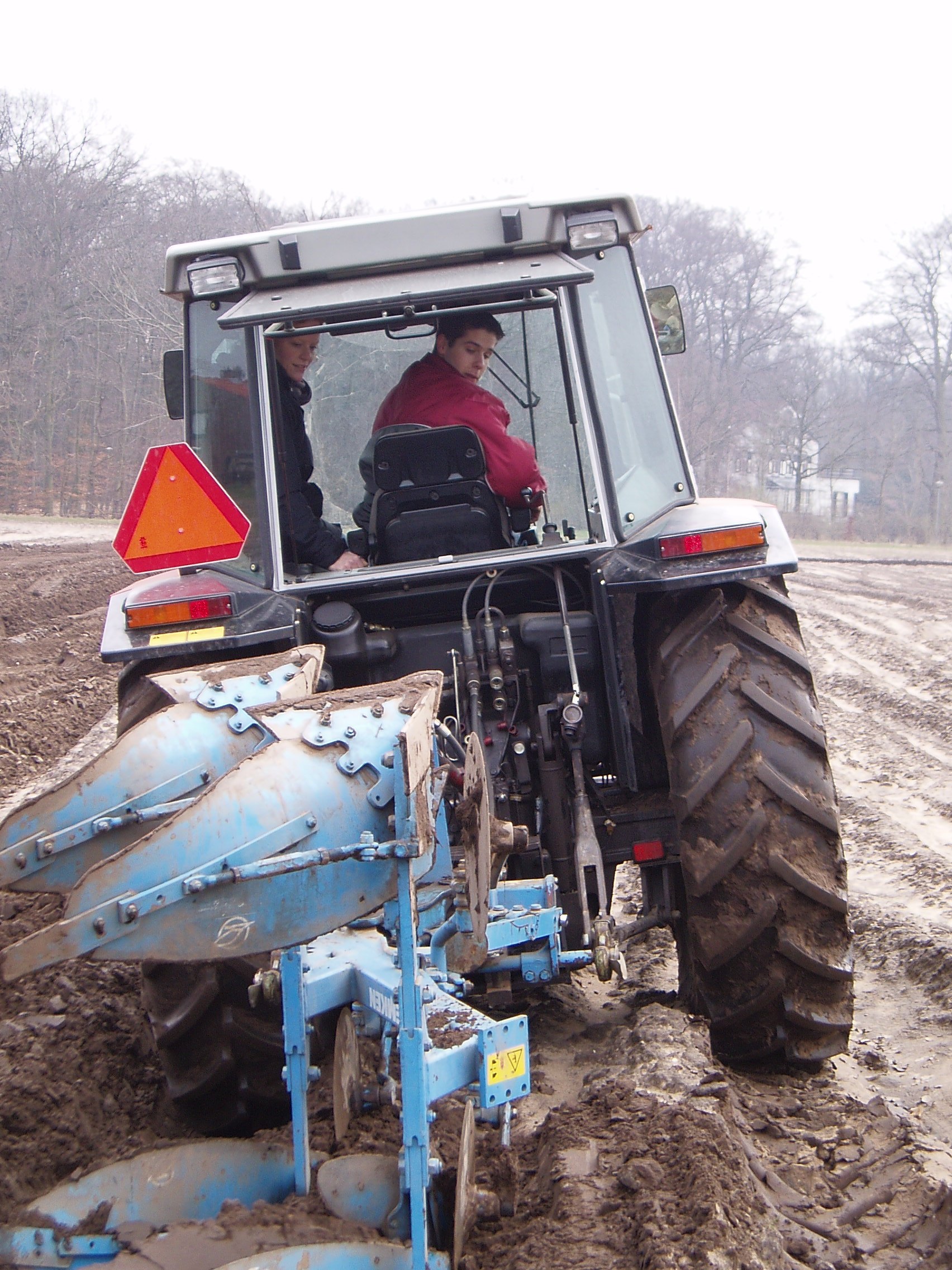a report of Boerengroep activity of last Tuesday Dec 6, written by Klarien Klingen
Henk van Zeijts (PBL Netherlands Environmental Assessment Agency) presented very clearly the main concepts of the CAP and the proposed changes. The most important proposed changes are: linking 30% of the direct payments to “green” conditions and redistribution the EU budget for agriculture so that all member states receive the same amount of money. An interesting conclusion, which was shared by arable farmer Joop de Koeijer (NAV Dutch arable farmers’ union), is that the proposed greening of the CAP is not going to result in reduced CO2 emissions. Mr van Zeijts also stresses that the CAP should have more confidence in local participants: it turns out that more benefits for the environment can be gained when there are more possibilities for local solutions.
Joop de Koeijer pleas for the right for all countries to protect their agriculture again, as the current low prices are fatal for agriculture. Subsidies for agriculture (almost half of the EU total budget) are not needed at all if the prices weren’t distorted. Some history to understand this point: the US and Europe agreed that plant proteins and oil seeds could freely be imported from the US into Europe, which resulted in disappearance of 50.000 ha of beans and peas in the Netherlands. This led first to overproduction of cereals, (prices dropped from 24cts/kg in 1981 to less than 15cts/kg in the late 80’s, and many subsequent years farmers produced below cost price of 10cts/kg), and later also to an overproduction and dropping prices of potatoes. Current EU subsidies and hidden dumping keep prices unnecessary low. Results: other producing countries in the world are outcompeted and farmers here are seen as addicted to subsidies in the eyes of the rest of society…
Ramona Langanki focused on alternatives, through the concept of Food Sovereignty. She joined the international Neyeleni forum last summer, where farmers, NGO’s, scientists and civil society organisations came together to empower each other to come to a better food system in Europe and to further take influence on the CAP. Some ideas have already be mentioned in the policy porposal “The missing option”, written by the European food sovereignty movement:
– Culturally fitting, ecologically and fair produced& distributed food is a human right!
– Sustainable public procurement is mentioned in the CAP; the policy is about the whole food system and thus also about a healthy society. Healthy local fresh food support at the same time supporting rural development
– More realistic and stable farm gate prices -> less direct payment needed (Mr de Koeijers point)
– Safety rules that also allow for small scale food processing
– Give farm support not based on the number of hectares, but base it omaongst others on the number of people that work on the farm.
During the plenary conversation at the end of the evening, some questions arose. How come we never mention the insurance system they have in the US? There, farmers only get support when prices are too low, in good times they get no support. Another question was: Fairer prices for farmers is one thing, but as the consumer will always choose the cheaper option, there can always be “food empires”* taking advantage of this. This led us to the famous question: is improving the food system in the hands of consumers, producers, or intermediaries in the value chain (retail)?
*Making reference to an earlier Food Farmers and Forks evening, where van der Ploeg talked about food empires.
more info:
presentation Henk van Zeijts of PBL prepared for this evening
presentation Ramona Langanki
CAP official website
missing option: food souverignity short movie
Neyeleni FoodsovCAP
Youth Food Movement Amsterdam
Aarde Boer Consument

